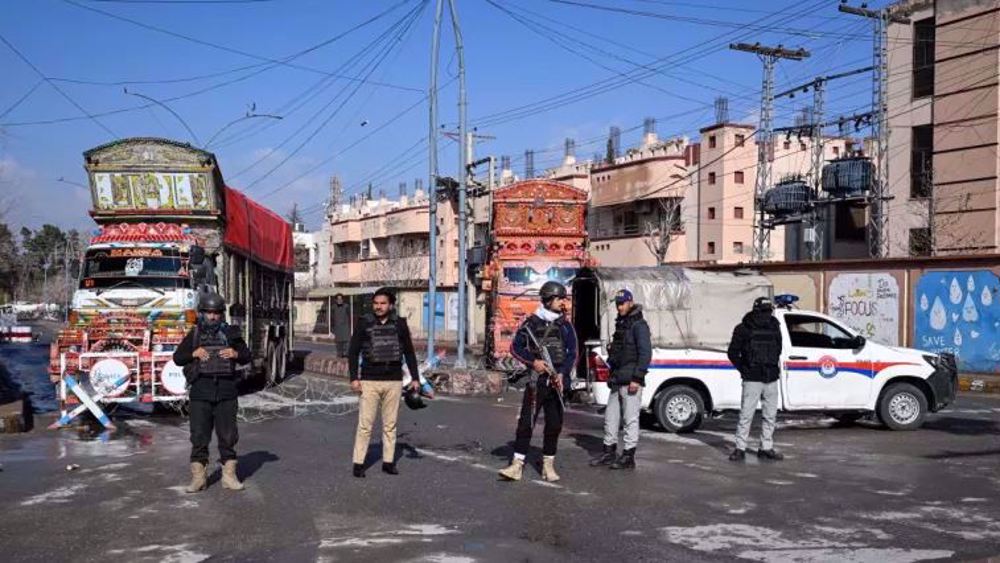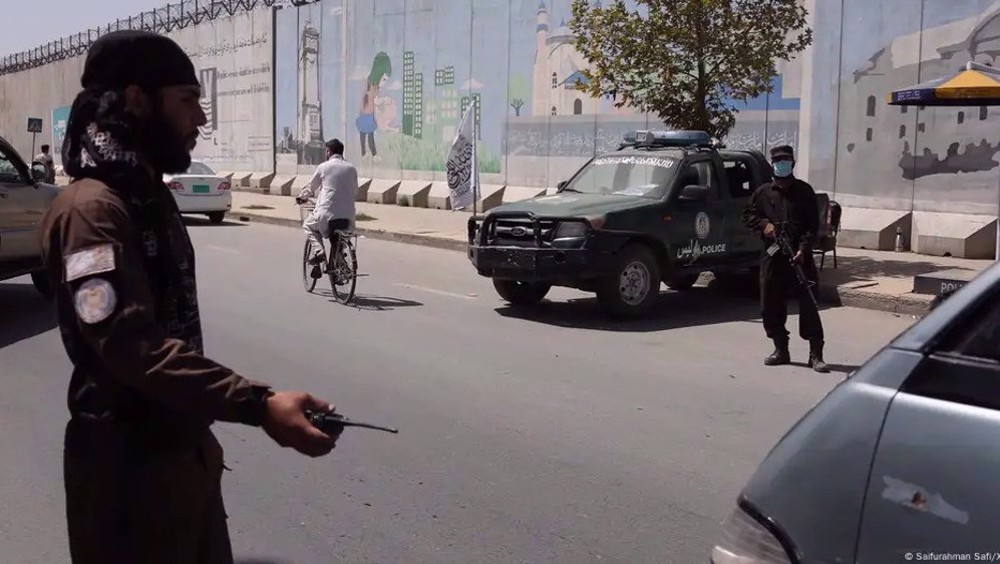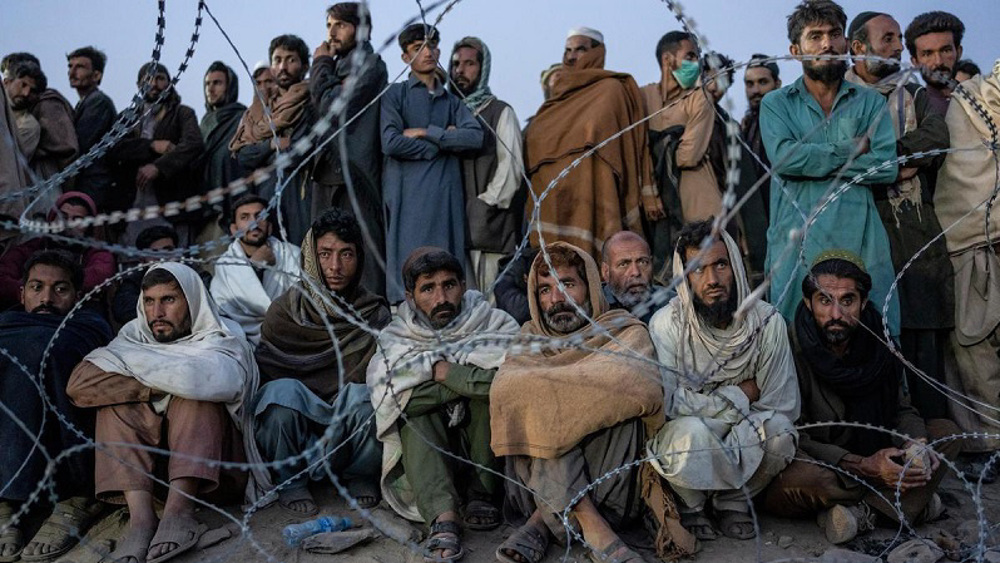Afghanistan postpones election results once more
Afghanistan has once again postponed announcement of the preliminary results from the presidential election that were due on November 14.
"Unfortunately due to technical problems and other issues, we will not be able to announce the election results tomorrow," the Independent Election Commission (IEC) spokesman Abdul Aziz Ibrahimi said on Wednesday.
The IEC earlier issued a statement saying it had to stop a planned recount of the votes after some candidates said they would boycott the process.
IEC officials are expected to hold a press conference on the matter on Thursday.
The preliminary results were originally due for October 19, but the announcement was delayed until November 14, with officials from the IEC citing various technical problems. Now that date has been pushed back also.
The IEC had begun a recount of votes from more than 8,000 polling stations on Saturday, but the process was challenged mainly by supporters of Abdullah Abdullah, who currently works as chief executive in a unity government with President Ashraf Ghani.
In the past several days his supporters stopped the recount process in 14 of Afghanistan's 34 provinces, in some cases closing the doors of provincial election offices.
Abdullah has already called for a halt to the recounting of presidential election ballots, saying he will not recognize the results of the “fraud-marred” voting.
"The recounting should be stopped. We are trying to save the process from fraudsters," he said at a rally of his supporters in Kabul last week.
The September 28 poll has already been marred by a record-low turnout and bicking between the incumbent, President Ashraf Ghani, and his chief rival, Abdullah Abdullah.
Afghanistan’s September 28 presidential race was between Abdullah and his rival, incumbent President Ghani.
Abdullah, who unsuccessfully ran in the previous two presidential elections and is fighting for his political future, has repeatedly raised questions about the validity of hundreds of thousands of votes.
The turnout has been unofficially estimated at a little over two million.
Nearly a million of the initial votes were purged owing to irregularities, and about 300,000 more votes had problems, with only about 1.8 million valid votes from a total of 9.6 million registered voters in a population of around 37 million people.
Abdullah previously claimed victory against Ghani believing he secured the most votes, before agreeing to wait for the recount and “absolutely” respecting the results if the process was proved to be fair and transparent.
He is seeking the presidency for the third time, after losing in 2009 and 2014.
The ongoing uncertainty raises the possibility that the country may head for a repeat of the power crisis that followed the last presidential election, in 2014. Then, Ghani and Abdullah fought a close and angry race that sparked widespread allegations of fraud and saw the United States step in to broker an awkward power-sharing agreement between the rivals under a unity government.
Any adventure against Iran will spread war across region: Top general
Corporate backing of Israeli regime fuels global indifference to Gaza genocide: Journalist
Iran revives millennia-old tradition as gold gains strategic weight
Anti-ICE protests continue
Netherlands approves plan to reduce military imports from Israeli-occupied territories
Iran will hit US military bases in region if attacked: FM
VIDEO | Press TV's news headlines
Epstein files: A window into darkest corridors of power where money and influence converge












 This makes it easy to access the Press TV website
This makes it easy to access the Press TV website